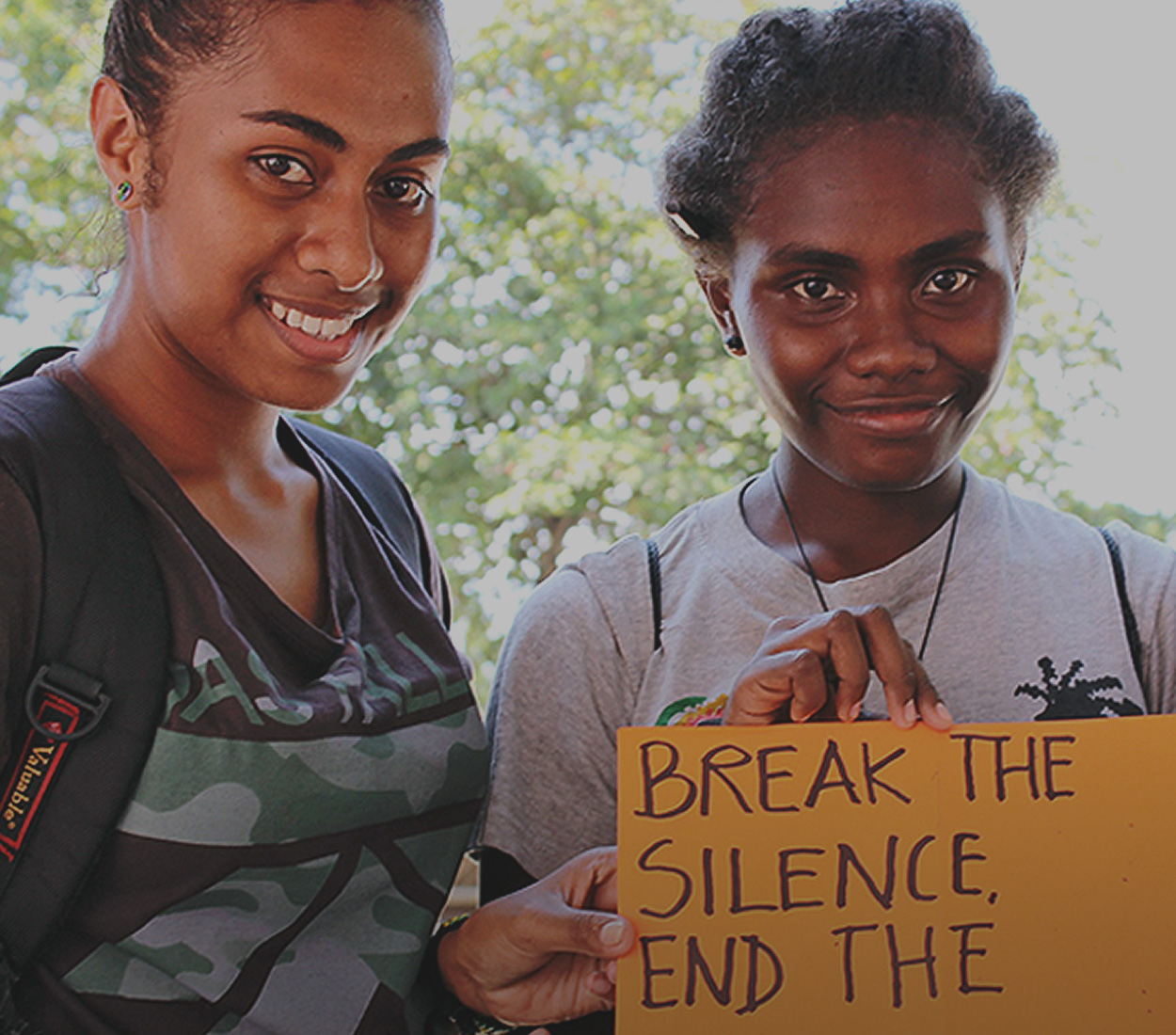Violence against women is a manifold and pervasive issue rooted in various socio-economic, cultural, and psychological dimensions. Within the Bahá’í framework, the teachings highlight that underlying causes necessitate thorough examination, enabling a pathway towards constructive solutions. The essence of the Bahá’í approach underscores the intrinsic value of every individual, advocating for equality between genders. This article endeavors to elucidate the causes of violence against women as viewed through the lens of Bahá’í teachings, alongside presenting comprehensive strategies for mitigating this grievous phenomenon.
Understanding the Causes of Violence Against Women
The complexities surrounding violence against women can be distilled into several key categories: societal norms, educational disparities, economic inequality, and psychological factors. Each category intertwines, creating a web of hindrances to the achievement of gender equality.
- Societal Norms and Cultural Practices: Many cultures perpetuate archaic patriarchal norms that endorse male dominance and reinforce the subjugation of women. Such beliefs foster an environment where violence is either normalized or deemed acceptable, contributing to a culture of silence and complicity.
- Educational Disparities: Access to education is inextricably linked to empowerment. Lack of educational opportunities for women perpetuates cycles of dependency, rendering them vulnerable to violence. The Bahá’í teachings emphasize the importance of education not only as a fundamental right but also as a critical lever for social change.
- Economic Inequality: Economic dependency exacerbates women’s vulnerability to violence. Limited access to employment and financial resources often reduces women’s ability to escape abusive situations, thereby perpetuating a cycle of abuse and poverty.
- Psychological Factors: The personal psyche of individuals involved in perpetuating violence—whether as perpetrators or victims—can be deeply affected by societal conditioning and personal experiences. Issues such as low self-esteem, trauma, and mental health struggles are all relevant factors.
Strategies for Ending Violence Against Women
Addressing violence against women necessitates a multifaceted approach, employing education, advocacy, policy reform, and community engagement. The Bahá’í teachings provide a moral compass, emphasizing the moral imperatives associated with creating a world devoid of such indignities.
- Promoting Education and Awareness: Harnessing the transformative power of education is paramount. Community programs aimed at enlightening both men and women about gender equality can dismantle ingrained societal norms. Educational curricula should incorporate teachings that instill respect and understanding of gender equality from an early age.
- Empowerment Initiatives: Programs designed to empower women economically and socially can mitigate vulnerabilities to violence. Microfinance, vocational training, and mentorship initiatives serve to enhance women’s agency and autonomy, equipping them with the necessary skills to navigate their environments safely.
- Legislative and Policy Reform: Enacting laws that protect women and hold perpetrators accountable is crucial. Advocacy for comprehensive legislation should be amplified, encouraging governments to adopt policies that prioritize women’s safety and wellbeing. Moreover, providing resources such as hotlines and shelters fosters immediate support for those at risk.
- Engaging Men and Boys: Involving men and boys as allies in the quest for gender equality is essential. Educational programs targeting male populations about respectful relationships can significantly change narratives around masculinity and violence. Community dialogues can highlight the advantages of a collaborative approach in fostering a culture of mutual respect.
- Community Engagement and Support Networks: Building robust support networks within communities invites continuous discourse about gender equality. Grassroots organizations can serve as platforms for women to share experiences, thereby fostering resilience and solidarity among survivors and advocates.
- Spiritual Facilitation: The role of spiritual education in addressing violence against women should not be underestimated. The Bahá’í teachings advocate for the spiritual development of individuals, promoting harmony and unity. Spiritual education contributes to a broader understanding of the inherent worth of every individual, which directly influences attitudes towards violence.
Measuring Impact and Importance of Continuous Efforts
It is imperative to implement assessments to measure the efficacy of strategies engaged in combating violence against women. Metrics such as reduction in reported violence, educational attainment among women, and community engagement levels offer invaluable insights into areas warranting further attention.
The commitment to ending violence against women is not a transient endeavor; it requires sustained efforts across all strata of society. Within the Bahá’í framework, the interconnectedness of humanity suggests that social progress hinges on the collective responsibility of every individual. The urgency of this issue demands vigilant advocacy, fostering collaboration among various stakeholders to advocate for substantial and lasting change.
Conclusion
In conclusion, the Bahá’í teachings present a profound understanding of the causes of violence against women while concurrently offering pathways towards meaningful solutions. By addressing the societal norms, educational barriers, economic inequalities, and psychological dimensions contributing to violence, a comprehensive strategy emerges. Implementing these approaches requires the concerted efforts of individuals, communities, and governments alike. In mitigating violence against women, society not only fosters equality but also cultivates a culture of respect, compassion, and understanding essential for holistic human progress.
